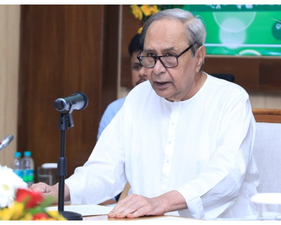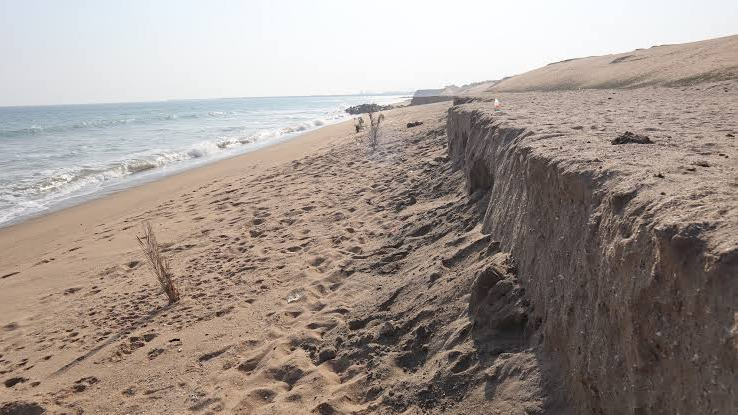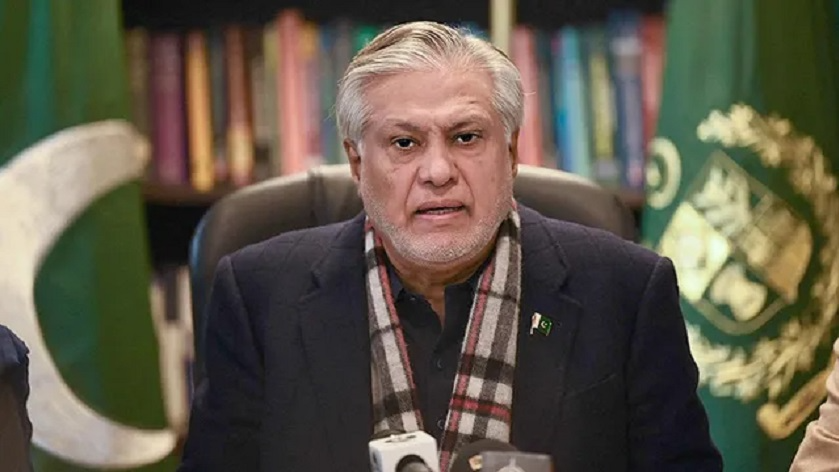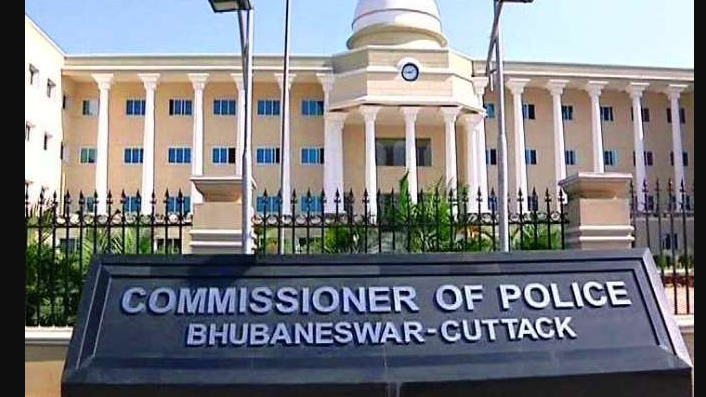Bank for International Settlements (BIS): The central bankers’ bank

RBI was invited by BIS to be its member in Sep-96. This was in recognition of India's increasing economic strength and RBI's growing role in the global cooperation of central banks. Since then, RBI has been contributing monumentally to the proceedings and functions of BIS. Dr Manas R Das Ordinary banks are peoples’ banks. The central bank of a country (e.g., Reserve Bank of India) is the bankers’ bank, and the Bank for International Settlements (BIS) is the central bankers’ bank. BIS was established on May 17, 1930.The paramount objectives of BIS are (a) Furthering global cooperation among monetary and financial authorities, (b) Conducting economic research and analysis on policy issues for members and (c) Providing banking services to central banks. BIS is owned by 62 member-central banks and monetary authorities from around the worldrepresenting countries that together constitute about 95% of global GDP. It has its head office at Basel, Switzerland and two representative offices at Hong Kong SAR and Mexico City. BIS officials are experts in finance, banking, risk management, international law, monetary and financial economics, statistics, financial technology and cyber security, etc. As per its statutes, BIS is governed by three most important decision-making bodies: (a) Board of Directors, (b) General Meeting of member central banks and (c) BIS Management. These bodies participate in the governance and management decisions of BIS related to its activities of international cooperation, policy analysis, banking operations and resource management. There are six committees located at BIS (Table 1) which provide background analysis and policy recommendations to central banks and other jurisdictional authorities with a view to assisting them in their efforts towards furthering financial stability. Table 1: Committees at BIS wp:table CommitteeFunctionBasel Committee on Banking Supervision(BCBS)Frames global regulatory standards for banks and aims to bolster micro- and macro-prudential supervision.Committee on Payments and Market Infrastructures Develops and establishes global regulatory/oversight standards for payment, clearing, settlement and other market infrastructures, and monitors and analyses developments in these areas.Committee on the Global Financial SystemMonitors and analyses issues relating to financial markets and systems.Markets CommitteeMonitors developments in financial markets and their implications for central bank operations.Central Bank Governance GroupExamines issues related to the design and operation of central banks.Irving Fisher Committee on Central Bank StatisticsAddresses statistical issues relating to economic, monetary and financial stability. /wp:table Besides, there are three associations with secretariats at BIS, although they have their own legal identities and governance structures and report to their members. These are: Financial Stability Board, International Association of Deposit Insurers and International Association of Insurance Supervisors. Also, there is Financial Stability Institute jointly created in 1998 by BIS and BCBS to assist supervisors around the world to improve their financial systems. BIS: The Changing Role In a bid to enhance cooperation in the monetary policy field, BIS focused on implementing and defending the Bretton Woods system immediately following the Second World War till early 1970s. In the 1970s and 1980s, its focus shifted to managing cross-border capital flows in the aftermath of the oil crisis and the international debt crisis. The issue of regulatory supervision of internationally active banks came to the spotlight in the post-1970s crisis. This finally resulted in Basel Capital Accord of 1988 (i.e., Basel-I Accord). The Accord of 1988 was revised in the form of Basel-II Accord of 2001-06. Basel-II was followed by Basel-III Accord in response to the Great Recession in late-2000. BIS has framed a new medium-term strategy called “Innovation BIS 2025”. The strategy, comprising a set of initiatives, aims at strengthening BIS by adopting continuous innovation on analytical as well as business fronts and constantly improving its work and modus operandi. BIS and India RBI is a member of BIS. RBI was invited by BIS to be its member in Sep-96. This was in recognition of India's increasing economic strength and RBI's growing role in the global cooperation of central banks. Since then, RBI has been contributing monumentally to the proceedings and functions of BIS. By doing this, it is contributing towards global financial stability on one hand and securing fair deals in Basel regulations for the diversified Indian financial system on the other. At present, the RBI Governor is one of the Directors in the BIS Board. India has always been in the forefront when it comes to implementation of Basel regulations, especially the Basel Accords. For instance, India is one of the first countries to have accepted the Basel-III capital standards. About the Author:Dr. Manas R. Das is a former senior economist of State Bank of India. He has over 30 years of experience as an economist in two large commercial banks. Academically, he is a gold medallist in Bachelor of Arts with Economics Honours from Utkal University, followed by Master’s in Economics from Delhi School of Economics and Doctorate in Economics from Gokhale Institute of Politics and Economics. He is also a Certified Associate of Indian Institute of Bankers. He has won several awards, besides being a prolific writer.
Latest News

IPL 2024: Hosts LSG ask CSK to bat first in Lu...

Patient awareness and interaction programme ma...

Jharsuguda boat capsize: CM announces Rs 4 lak...

IPL 2024: Hardik fined for MI's slow over-rate...

Veteran Bijay Ketan joins BJD

Olympic Trials: Shooters Esha, Bhavesh dominat...

IPL 2024: Resurgent DC to face SRH at Kotla to...
Copyright © 2024 - Summa Real Media Private Limited. All Rights Reserved.













































